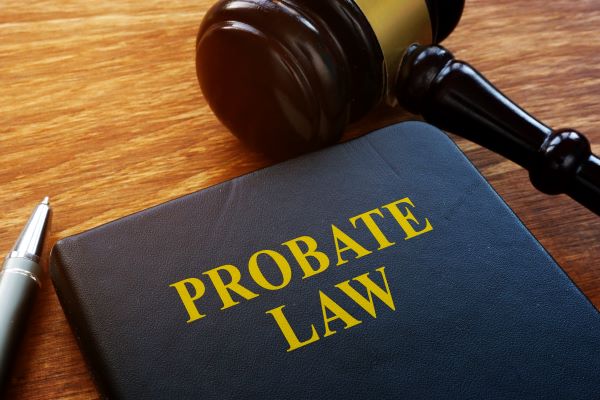An Overview of Setting up a Trust and Selecting a Trustee
A trust is not only a tool for the wealthy. In addition to serving many functions, they solve specific problems relating to the dynamics of families that have little to do with wealth. Do you want to keep your affairs…










